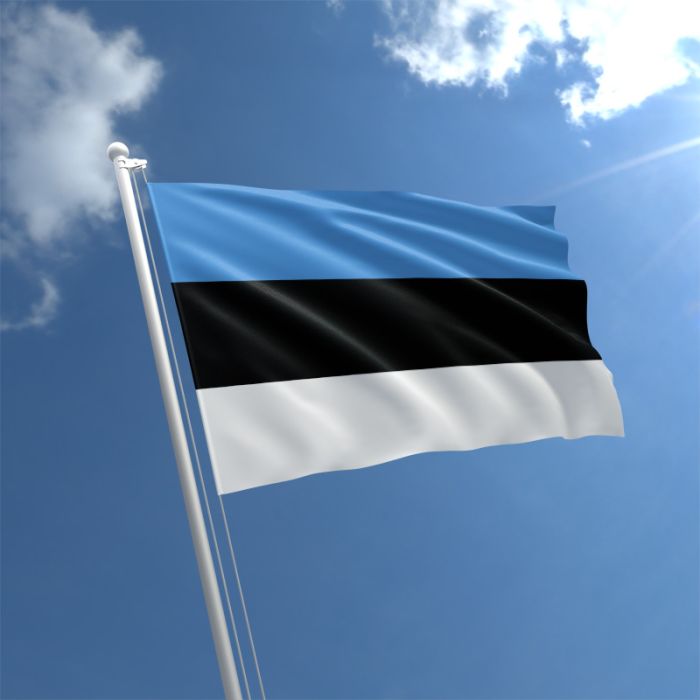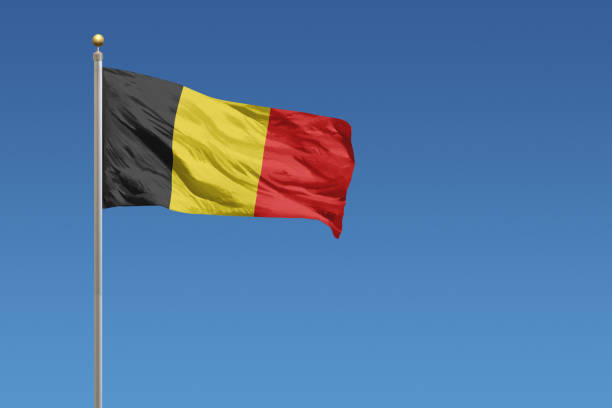With slightly over 1.3 million citizens, Estonia is a small nation in northern Europe. It is known for its beautiful natural landscapes, modern and innovative approach to technology and e-governance, and rich cultural heritage. Estonia has a wide variety of attractions. You could be hiking through the forest eating wild berries one day and lounging on the beach the next. Regardless of your interests, travel style, or budget, Estonia has something for you to love and appreciate.

Like many other countries, Estonia is a multilingual society, with Estonian being the official language, but Russian and English also widely spoken. In this response, you will find some of the language barriers and language learning in this beautiful country.
Language barriers in Estonia
Most people in Estonia speak Estonian, which is the country’s official language. However, there is also a significant Russian-speaking minority in the country, which has been a source of tension between the two communities in the past. This has led to some linguistic barriers, particularly in areas where Russian speakers are concentrated, such as in the northeastern part of the country.
Lack of proficiency in English
One of the most significant linguistic barriers in Estonia is the lack of proficiency in English. Although English is widely taught in schools and universities, many Estonians struggle to speak it fluently, especially outside of urban areas. This can make it challenging for foreigners who do not speak Estonian to communicate with locals, particularly in rural areas.
Lack of accessibility of information and services in languages other than Estonian
Another linguistic barrier in Estonia is the lack of accessibility to information and services in languages other than Estonian. Although Russian is also an official tongue in Estonia, it is not as widely used in Estonia. This can make it difficult for Russian-speaking residents to access public services, such as healthcare and education.
Language learning in Estonia
Estonia is a country that values education and knowledge, and linguistic learning is an essential part of this. Estonian is taught as a mandatory subject in all schools, and children start learning it from an early age. However, the teaching of other languages, such as English, has become increasingly popular in recent years, and it is now a mandatory subject in all schools from the first grade.
In addition to learning languages in school, there are also many linguistic courses and programs available for adults in Estonia. These courses can be found in private linguistic schools, universities, and community centers. Some of the most popular languages to learn in Estonia include English, Russian, German, French, and Finnish.
Linguistic learning in this nation is also supported by the government, which provides funding for linguistic courses and other language-learning programs. There are also many linguistic exchange programs available, which allow people to practice their vocabulary skills with native speakers of the dialect they are learning.
The Estonian government also provides language learning opportunities for immigrants and refugees, who are allowed to learn Estonian for free. These courses are designed to help newcomers integrate into Estonian society and to give them the language skills they need to find employment and interact with locals.
Conclusion
In conclusion, Estonia is a multilingual society, and linguistic barriers can be a significant issue, particularly for Russian-speaking minorities and foreigners who do not speak Estonian. However, the country has a strong commitment to linguistic learning, and there are many resources available for people who want to learn Estonian or other languages. With a focus on education and innovation, Estonia is well-positioned to continue to improve linguistic learning and accessibility for all its residents.
You may also find these articles helpful
Moving to Estonia: Full relocation guide
Working in Estonia as an expat



